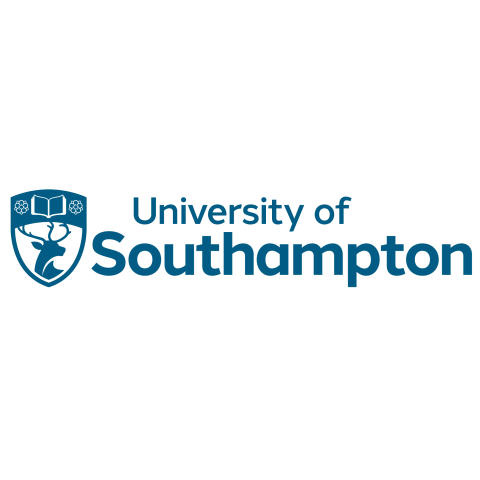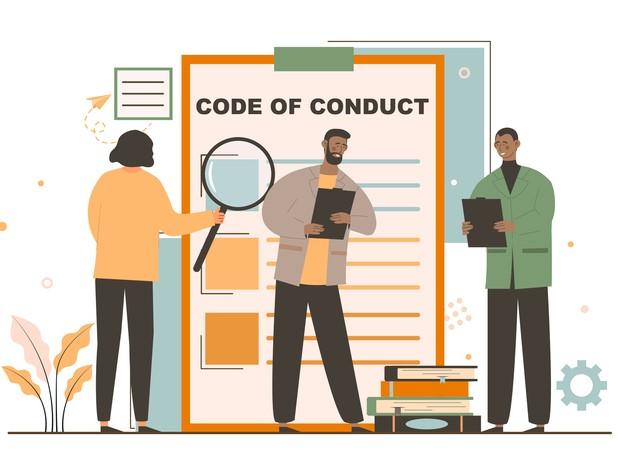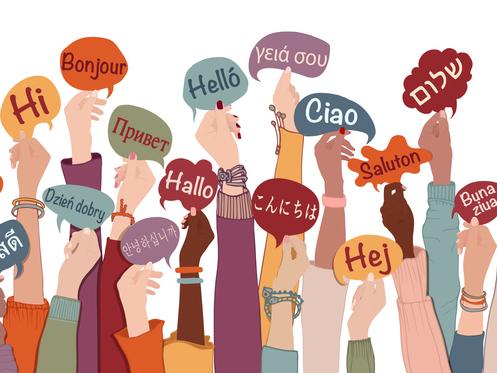
Making conferences more inclusive: opportunities, barriers and lessons learned
In this article, we share our lived experience of organising a one-day conference called the Careers in Careers Celebration Festival. The online event, taking place on 14 November 2023, brings together academics, career professionals and policymakers to network and share best practices, including how to improve the employability of university students. Specifically, we aim to promote inclusivity by responding to ongoing calls to ensure accessibility to valuable spaces of knowledge exchange for as many people as possible.
As organisers and ambassadors for the event, we outline three actions that we took to make the event as inclusive as possible, three barriers we faced in doing so and conclude with three areas for improvement when running future iterations of the event.
Actions we took to make the event as inclusive as possible
1. Affordable pricing: Not all academics, career professionals or policymakers can access funding to attend conferences. It was, however, an important part of our inclusivity ethos that as many people as possible could attend. Benchmarking other one-day virtual events in the higher education sector and other linked sectors led us to charge £30, the lowest feasible price while ensuring a high-quality event.
2. Fully virtual: Considering the point above, the format of the event and the price are interlinked. Where hybrid might be the most inclusive format for on-the-day experience, entirely virtual keeps the costs lower. It also allows attendees to balance other aspects of their lives more flexibly.
3. Diversity of speakers: Diversity can mean many different things, but for us, it meant sourcing high-quality speakers from various backgrounds and disciplines to represent the diversity of the higher education and careers sectors and to avoid perpetuating echo chambers. Therefore, we prioritised this when inviting speakers, including Ucas, which will run a session around diversity. Additionally, we will supplement the sessions with a resources hub and networking tent, using virtual meeting rooms for specific topics (for example, special educational needs and disability).
- Making an inclusive ‘unconference’
- So you want to host an international online conference?
- Rejecting hybrid conferences as the new norm reeks of ableism
Barriers we faced in making the conference inclusive
1. Securing sponsorship: Running an online, one-day event for a ticket price of £30 requires sponsorship to offset the costs involved, including those around technology licences. Additionally, we wanted diverse sponsors. Our approach was to secure more modest amounts of sponsorship from various organisations rather than seeking a more significant amount from a single sponsor. Challenges included the volume of people we had to contact, the time this took and how to present data on return on investment to the sponsors (specifically those individuals who make the sponsorship decisions).
2. Raising awareness of the event: To make it financially viable, when organising an event with an affordable ticket price, you need either to attract a high volume of participants or to minimise operational costs. As this is the first iteration of the event, we opted to keep our costs low, which meant limited funds for investing in public relations or paid advertising. Instead, we asked our network to support us by advertising the event. We also secured event ambassadors and used social media platforms to deliver information early and try to win hearts and minds.
3. Balancing diversity of speakers: Balancing diversity with a set number of speaker slots and coverage of topics was challenging within a one-day event, especially since we ensured that people were invited for their expertise rather than as a tick-box exercise. Additionally, our decision to schedule five-minute breaks between sessions and longer breaks in the morning and for lunch to reduce screen fatigue reduced the total number of speakers we could accommodate.
Areas for improvement when running future iterations of the event
1. Improving the fully virtual experience: Technology can be expensive, and there is always a risk of things going wrong on the day. Additionally, the event is a pilot, whereby we can increase revenue through further ticket sales and sponsorship as we build reputation across future iterations. For example, one approach we may adopt is to have a tiered sponsorship format in the future. The additional revenue and technological advancements will allow us to use more sophisticated platforms with enhanced features. We will also review the decision to keep sessions between 20 and 40 minutes to see how this affected screen fatigue.
2. Attracting academics, career professionals and policymakers: We want our events to be accessible to as many people as possible within the higher education sector and beyond. The aim is to foster stakeholder collaboration through knowledge sharing and identifying win-win partnerships. Breaking down silos and echo chambers is crucial. However, this will take time, whereby each event iteration is an opportunity to enhance our reputation and visibility for future events. Innovative approaches to raising awareness proved impactful, such as sending branded thank-you highlighter pens to speakers and ambassadors to share on social media before the event.
3. Listening to feedback: The long-term viability of the event relies on continual process improvement driven by feedback from a diverse range of voices. Crucially, it is about understanding what people felt they knew after attending the event that they did not know beforehand. We also want to get feedback from people who did not attend, as their views have equal value to those of attendees. For example, individuals who started the online process to buy tickets but did not complete the process. Was this a technology issue or something else we can address going forward? We also plan to have an “after-party” via an open group on LinkedIn to share further resources and secure additional feedback.
To conclude, we hope that by sharing our lived experience, other organisers can improve the inclusivity of their events. In the case of the Careers in Careers Celebration Festival, the benefits of such an approach, including the representation of diverse voices and perspectives, transcend the attendees. Specifically, academics, career practitioners and policymakers can use the information gained and the networks developed to prepare young people for the university-to-work transition. Such an approach is crucial to enable graduates to navigate an increasingly complex, volatile and evolving labour market.
Caroline Green is a career development expert, founder of the Talent Cycle and host of the Careers in Careers Celebration Festival.
William E. Donald is an associate professor in sustainable careers and human resource management at the Ronin Institute (US) and the University of Southampton (UK). He is also an ambassador for the Careers in Careers Celebration Festival.
If you would like advice and insight from academics and university staff delivered direct to your inbox each week, sign up for the Campus newsletter.
Additional Links
To attend the Careers in Careers Celebration Festival, or get more information, click here.




